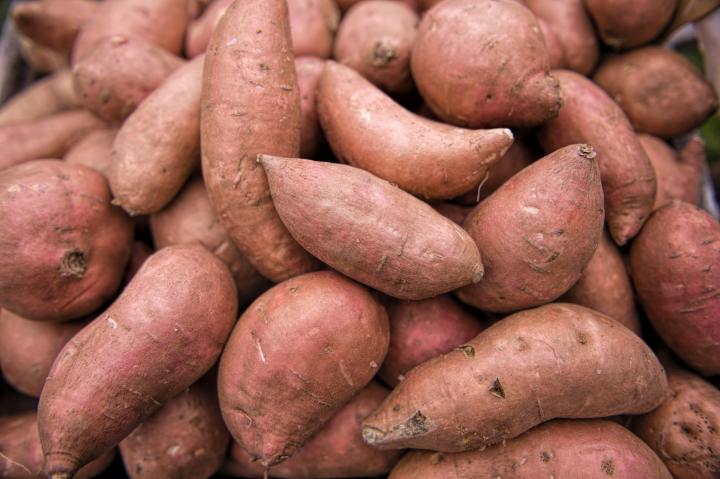Sweetpotato breeding by Phillip Wadl is based at the USDA-ARS US Vegetable Laboratory in Charleston, South Carolina. He leads the sweetpotato breeding program, which has a primary emphasis on developing pest-resistant (insect and nematode) and weed-tolerant germplasm. Specific objectives are to: identify, develop, and release useful sweetpotato germplasm with resistance to soil insect pests, nematodes, or tolerance to weeds; and develop genetic/phenomic tools to facilitate the systematic improvement of sweetpotatoes. Basic and applied research approaches are used to identify sources of tolerance, resistance, or improved quality, to determine the genetics and nature of the respective traits, and to develop efficient breeding approaches for incorporating the traits into horticulturally-acceptable germplasm. Molecular breeding techniques are used to complement conventional plant breeding approaches when applicable for more in-depth genetic study of tolerance, resistance, or quality factors and for more efficient incorporation of such factors into improved germplasm.
Sweetpotato





